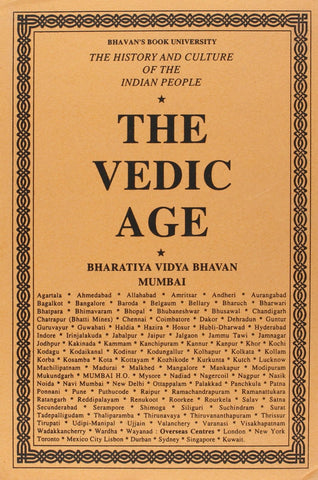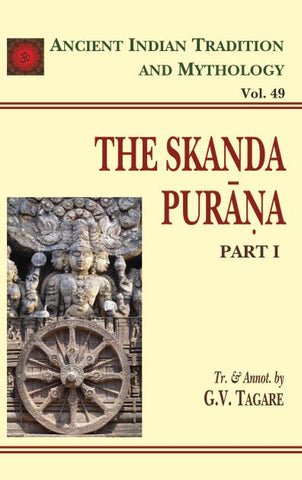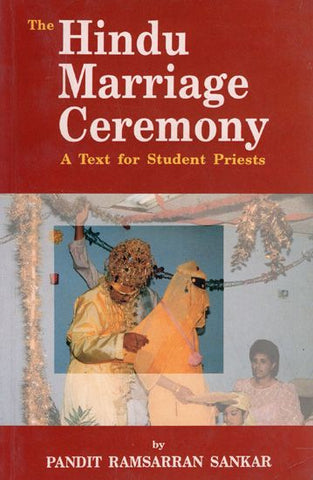Your cart is empty now.
There are very few among the Rulers of India whose history is so rich in both contents and materials as the history of Harsha. His early life and career form the subject-matter of the harsa-charita of Banabhatta, who wrote on Harsha as his court poet from his personal and intimate knowledge of his life and rule, and has given to Sankrit literature one of its very few biographical works.
The India of harsha is also described by another eye-witness, the famous Chinese pilgrim, Yuan Chwang, to whose account reads like a Gazetteer in the scope of its inquiry and its wealth of details. To add to these two unique sources, we have several inscriptions of Harsha himself, a few of his great contemporary, Pulakeshin II of the Deccan, and the larger body of inscriptions of the Gupta and later kings of northern India, which together throw considerable light on the history of harsa, especially on the interesting but imperfectly explored topic of the administrative system developed in that glorious age for the successful governance of extensive empires.
The book embodies a course of readership lectures delivered by the late author in Calcutta University.
Radha Kumud Mookerji (1884-1964), was an Indian historian and a noted Indian nationalist during the period of British colonial rule. He obtained a doctorate from the University of Calcutta in 1905 and joined the newly established national Council of Education, teaching at the Bengal national College. After 1915, he embarked on a series of tenures at universities in Benares, Mysore, and Lucknow. He was awarded the Padma Bhushan in 1957 for his contribution to Public Affairs.
Some of his published books include Indian Shipping: A History of Seaborne Trade and Maritine Activity of the Indians from the Earliest Times (1912), Ancient Indian Education: Brahmanical and Buddhist (1947), Men and Thought in Ancient India (1912), reprinted by Motilal Banarsidass (1996), The Fundamental Unity of India, A History of India, Chandragupta Maurya and His Times, and Early History of Kausambi.
There are very few among the Rulers of India whose history is so rich in both contents and materials as the history of Harsa. When all sources are utilized,' as observed by the late Dr. Vincent A. Smith, our knowledge of the events of the reign of Harsa far surpasses in precision that which we possess respecting any other early Indian king, except Chandragupta Maurya, and Asoka. Indeed, the historical material is so abundant that it would be easy to write a large volume devoted solely to his reign.
His early life and career form the subject-matter of the Harsa-charita of Bana, a writer of great repute in the history of classical Sanskrit, who wrote on Harsa as his court poet from his personal and intimate knowledge of his life and rule, and has given to Sanskrit literature one of its very few biographical works. Thus in Bana Harsa found his Boswell; but, though the historical value of the work as a whole is somewhat vitiated by its occasional outbursts of hero-worship and flights of fancy, to which a poet laureate's panegyric on his royal patron naturally lends itself, the line between fact and fiction is easily discernible, and the kernel of truth separated from its envelope of embellishments and exaggerations. And on the facts that are thus extracted, or narrated as such, liana's accuracy is surprisingly established by several specific and significant confirmations from other sources, all of which have been pointed out in the text. Moreover, it is to his poetical gifts that we owe some very real and valuable history in the graphic pictures they call up of the life of those days at different levels, in its different aspects and phases—the simple life of the lowly in the village, the busy and strenuous life of the camp, the high life of luxury and conventions at the court and the palace, or the ascetic and austere life at the hermitage. These descriptions of the manners, customs, and habits of the people of all ranks, and of the conditions of education and learning, culture and religion, of the times are not the least important and interesting part of history, for they enable us to realize the civilization of the age. What we thus lack of political history is amply compensated by what we get of social history in the Harsa-charita.
The India of Harsa is also described by another eye-witness, the famous Chinese pilgrim, Yuan Chwang, to whose account, which reads like a Gazetteer in the scope of its inquiry and its wealth of details, the history of ancient India perhaps owes more than to any other individual source for the reconstruction of some of its lost chapters. To add to these two unique sources, the reliable records of first-hand observation, we have several inscriptions of Harsa, himself, a few of his great contemporary, Pulakesin II of the Deccan, and the larger body of inscriptions of the Gupta and later kings of northern India, which together throw considerable light on the history of Harsa, especially on the interesting but imperfectly explored topic of the ,administrative system developed in that glorious age for the successful governance of extensive empires.
I am grateful to the Calcutta University for kindly asking me to deliver a Course of Readership Lectures embodied in this volume. My Lectures to my own post-graduate students at the Lucknow University have also expedited the preparation of the work. The system of transliteration adopted here will be apparent from the following examples: Krisna, Liehchhavi, and Vamsa.
Contents and Sample Pages




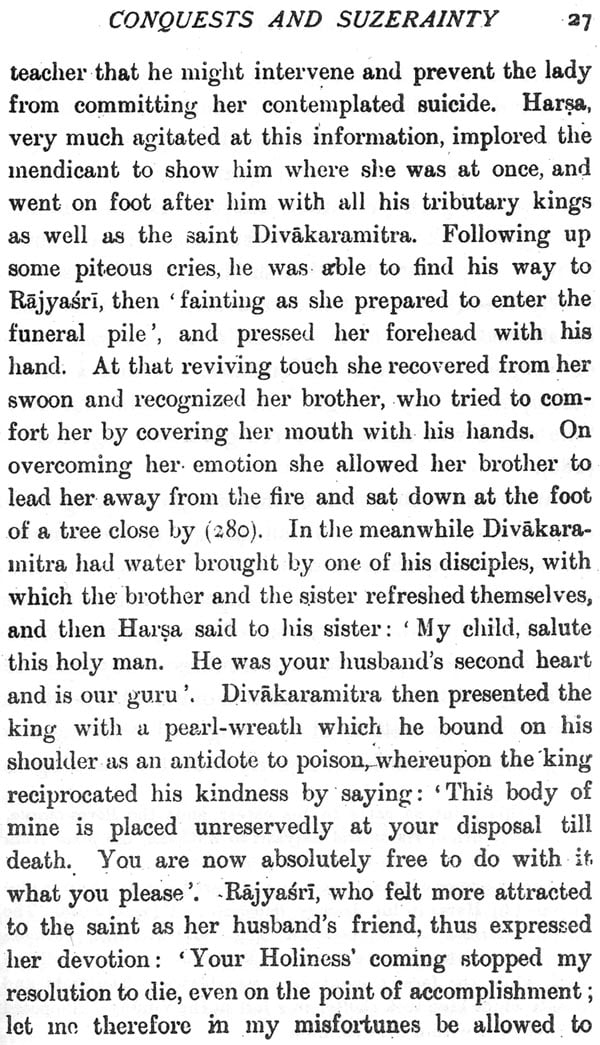
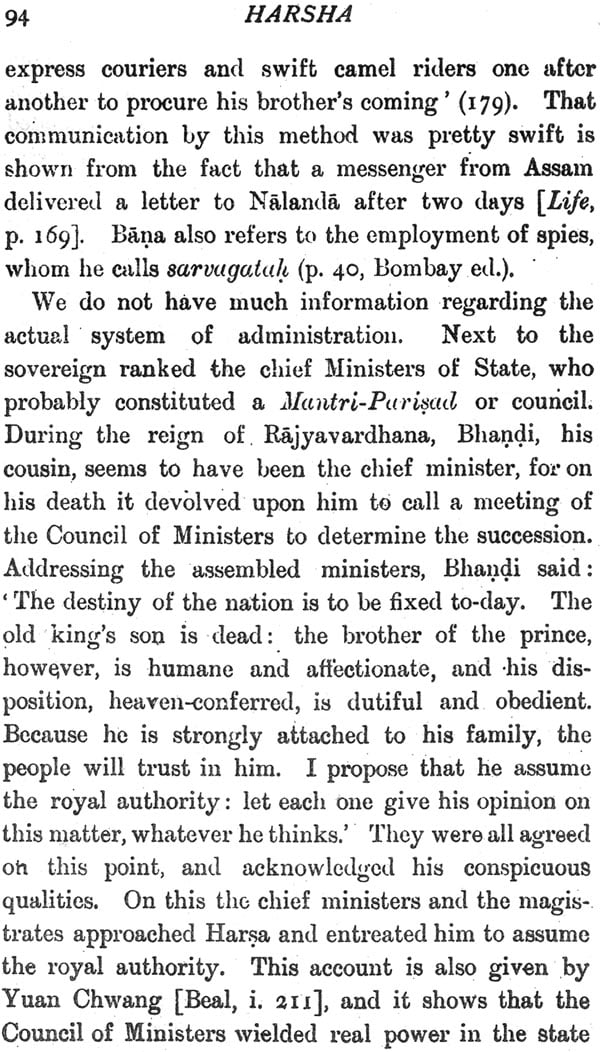

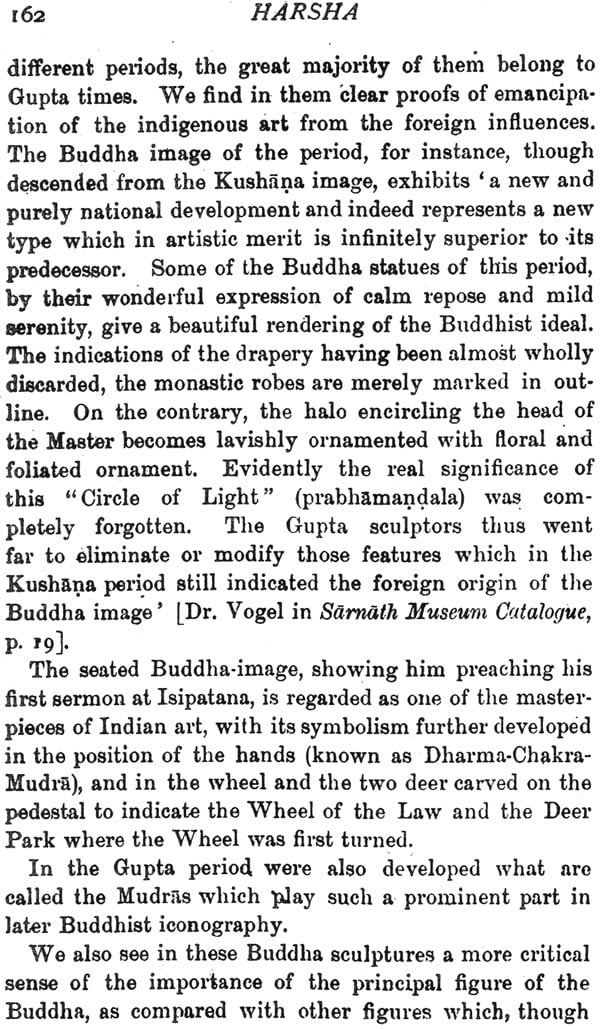
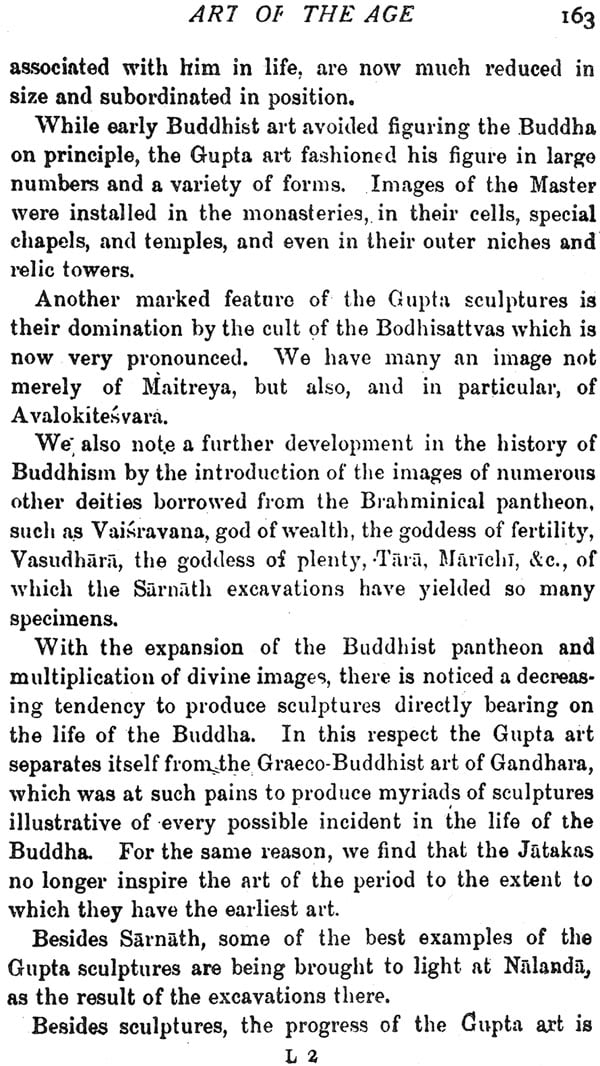
Delivery and Shipping Policy
- INTERNATIONAL SHIPPING
- Rs.1000-1100/kg
- ESTD. Delivery Time: 2-3 weeks (depending on location)
- Bubble Wrapped with Extra Padding
- NATIONAL SHIPPING
- NCR: Rs. 30/half kg
- Standard: Rs. 80/half kg
- Express shipments also available on Request
- ESTD. Delivery Time: Ranging from 1-4 days up to 7 business days (Depending on your choice of Delivery)
- TRACKING
- All orders; national or international, will be provided with a Tracking ID to check the status of their respective orders
- Depending on the Shipping Service, Tracking ID may be used on their respective tracking portals
Frequently Asked Questions (FAQs)
Domestic Shipping: 3-4 Days (after shipping)
International Shipping: 1-2 weeks (based on your location)
You will receive an email once your order has been shipped or you can email us if you didn't receive tracking details (info@mlbd.co.in)
Every book that we sell is the latest edition except all the rare books
Yes, we do provide free shipping, only on domestic orders (within India) above Rs.1500


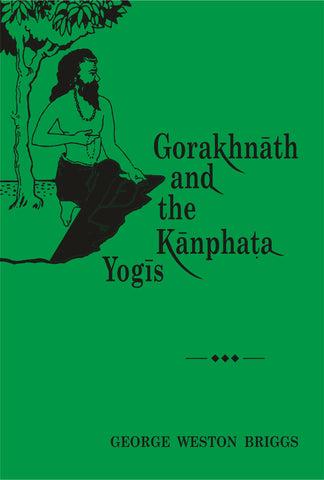
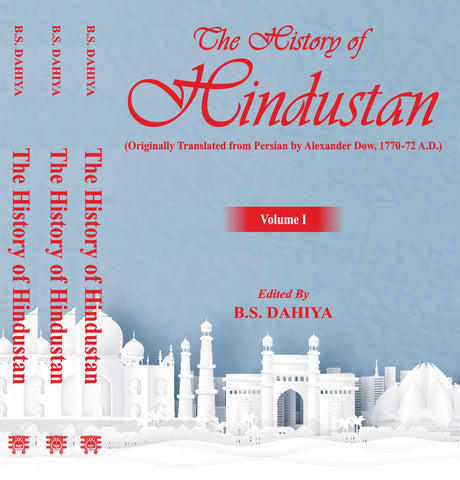
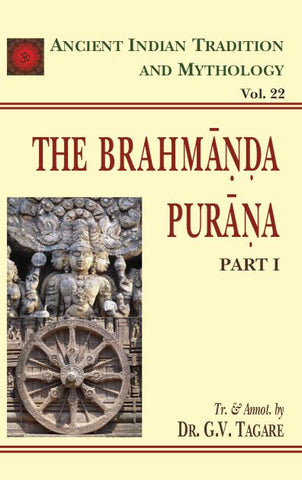
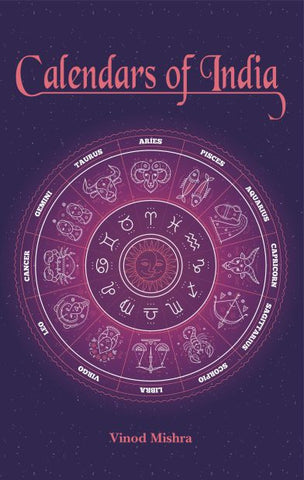
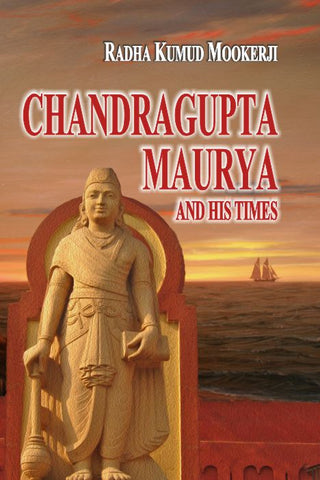
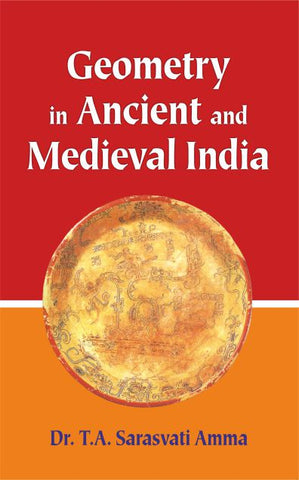
![A HISTORY OF INDIAN PHILOSOPHY [5 VOLUMES] by Surendranath Dasgupta](http://www.motilalbanarsidass.com/cdn/shop/products/HISTORYOFINDIANPHILOSOPHY_large.jpg?v=1675238163)
